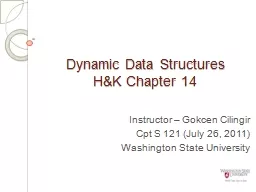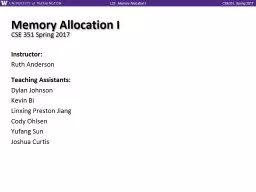PDF-allocated between the whistleblower Dr Rohi and the State
Author : jones | Published Date : 2021-09-13
2 9of TexasThe Court approved a 400000000 settlement on November 7 2017and allocated159900000 of the settlement tothe State ofTexas 72000000 to Dr Rohi and 168100000
Presentation Embed Code
Download Presentation
Download Presentation The PPT/PDF document "allocated between the whistleblower Dr R..." is the property of its rightful owner. Permission is granted to download and print the materials on this website for personal, non-commercial use only, and to display it on your personal computer provided you do not modify the materials and that you retain all copyright notices contained in the materials. By downloading content from our website, you accept the terms of this agreement.
allocated between the whistleblower Dr Rohi and the State: Transcript
Download Rules Of Document
"allocated between the whistleblower Dr Rohi and the State"The content belongs to its owner. You may download and print it for personal use, without modification, and keep all copyright notices. By downloading, you agree to these terms.
Related Documents














